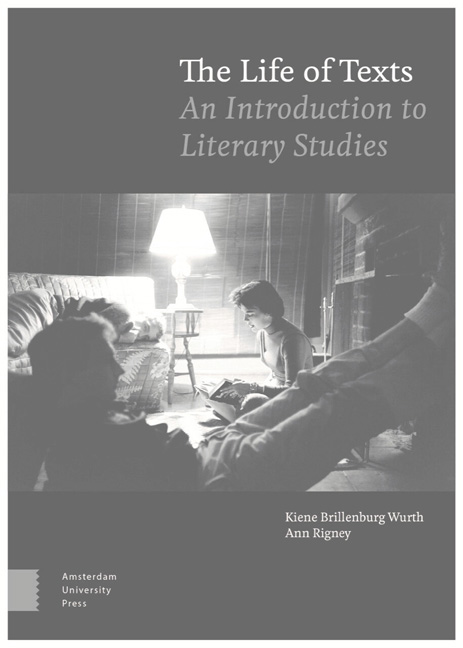5 - Narrative
Summary
Introduction: Narratology
In the famous A Thousand and One Nights, Scheherazade succeeds in saving her life by distracting the sultan – who plans to have her killed after their first night together – by telling a story, night after night, and ending always on a cliff-hanger. The sultan becomes so enthralled by her storytelling that he postpones her death. This famous example reveals something fundamental: the human fascination with stories. Whenever we read a novel or watch a film – and especially when we watch a suspenseful television series night after night – we become like the sultan: wanting to know what happens next (a desire that Netflix cleverly exploits). Why do we become enthralled by narrative? The power of stories seems to come from their ability to invite us to share in a virtual way in the trials and tribulations of people whose lives are under pressure and whose futures are uncertain. The aim of this chapter is to show how stories are conveyed through narratives and how they shape our expectations of ourselves and of others.
Chapter 2 showed that texts considered literary often have a narrative or storytelling dimension. Here, we will look more closely at the phenomenon of narrativity (what makes narrative texts distinctive) and at narratology, the branch of study that deals with the forms and functions of narratives in society. Narratology has only really taken offas a discipline in the past forty years but its roots go back to ancient Greece. It explores how stories occur in all cultures and eras, and how they are used for a range of different purposes. Narratologists mainly study narratives intended as art or entertainment, but are also interested in true stories from everyday life: stories told in journalism, around the kitchen table, at the doctor’s, in court, in the world of advertising, on Facebook (digitisation is constantly creating new kinds). Narrative research is a related research method in the social sciences whereby ‘ordinary’ people are asked to tell their own stories, which are then analysed as a source of insight into dominant ideas and values.
Seen in this light, the field covered by narratology is very broad and it has big ambitions to match. The challenge for scholars is twofold: on the one hand, to uncover the common elements shared by all stories, and on the other, to identify differences between narratives in terms of their themes, form, purpose, and context.
- Type
- Chapter
- Information
- Life of TextsAn Introduction to Literary Studies, pp. 157 - 202Publisher: Amsterdam University PressPrint publication year: 2019



